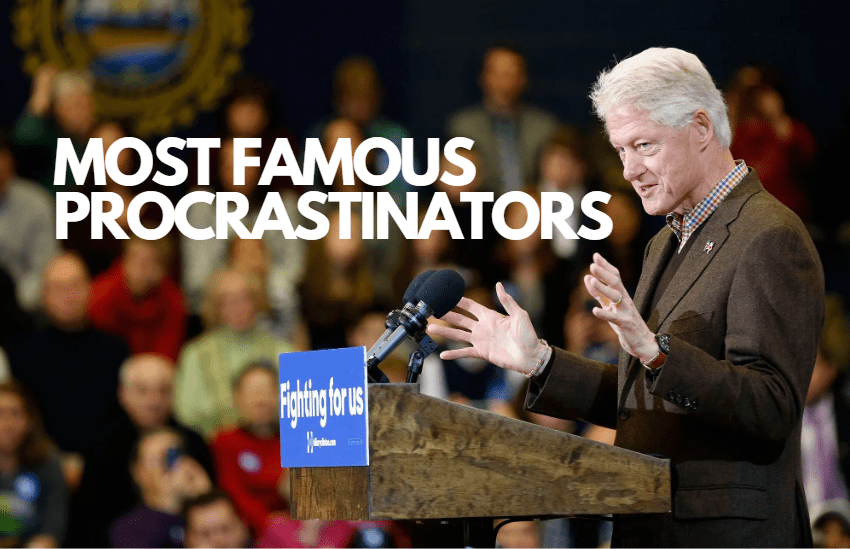Procrastination is the act of delaying and postponing essential tasks to do less significant jobs instead. According to a study, 80-95% of college students and approximately 50% of high school students procrastinate, suggesting how common it is.
A procrastinator delays or postpones tasks and spends time doing less essential tasks first. For example, if students procrastinate on their homework, they may spend time scrolling through social media instead.
There are many different causes of procrastination, such as fear of failure, poor time management, anxiety, etc. Procrastination is a challenging habit to break, leading to increased stress, guilt and a lack of productivity. If procrastination becomes a pattern, you may find yourself stuck in a vicious cycle that’s hard to break free from.
We’re all guilty of procrastination at some point, as delaying a task to do a more enjoyable activity is usually the more appealing option. If you find yourself stuck in a procrastination pattern, it may be worth looking into why and how to break the cycle.
While you may only notice your procrastination habits now, many famous figures have experienced the same challenges throughout history. No matter what job you do or tasks you procrastinate, take comfort in the fact that it happens to us all, even the famous people you view as successful, productive and motivated.
We’re all prone to procrastination at one time or another, and famous people are no exception. In this blog, we’ll look at the top 20 famous procrastinators, their struggles and how they managed to succeed with the challenges along the way.
Here’s a list of the top 20 most famous procrastinators:
- J.K Rowling
- Bill Clinton
- Mozart
- The Dalai Lama
- Victor Hugo
- Saint Augustine
- Gerhard Richter
- Hunter S. Thompson
- Margaret Atwood
- Leonardo Da Vinci
- Nassim Taleb
- John Perry
- Samuel Johnson
- Douglas Adams
- Steve Jobs
- General George McClellan
- Gene Fowler
- Samuel Taylor Coleridge
- Marcus Aurelius
- Hamlet
Let’s take a look at these famous procrastinators in more detail:
1. J.K Rowling

J.K Rowling, an author best known for writing the Harry Potter series, has admitted to being a procrastinator. Famously, J.K Rowling has stated that she’s “rather good” at procrastinating, which may surprise some people due to her levels of success. The fifth book of the series, Harry Potter and the Order of the Phoenix, was delayed in its release due to Rowling’s procrastination.
Rowling has taken to social media in the past, replying to a comment on Twitter stating that she’s “procrastinating by making tea and looking at Twitter.” In one interview, Rowling says she spends her evenings “procrastinating and wandering around her house.”
2. Bill Clinton
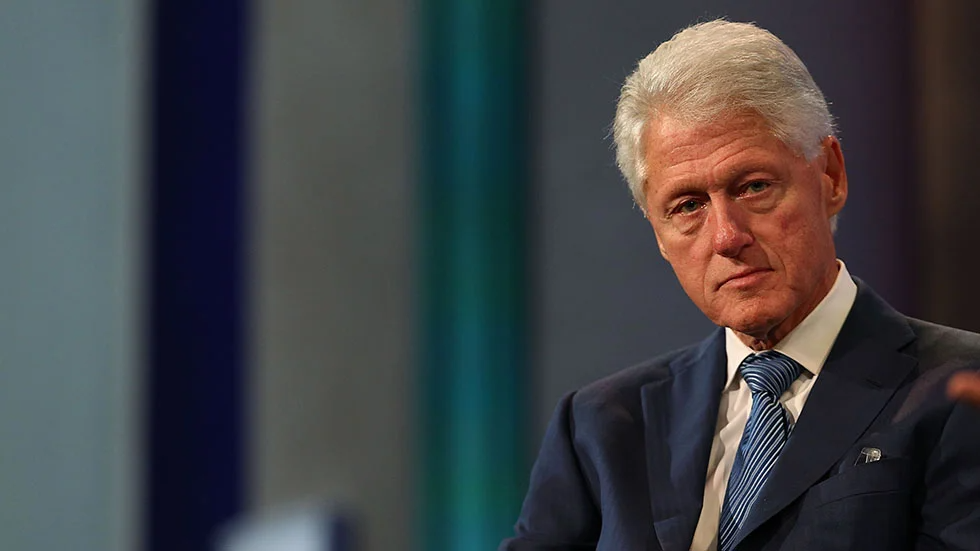
The American politician, Bill Clinton, is known for his procrastination and punctuality problems. During his time as President, Clinton displayed some procrastination habits, like his delay in making significant decisions concerning policy, plans and budget proposals.
Time Magazine once called Clinton a “chronic procrastinator” as his speeches turned into “harrowing last-minute cut-and-paste sessions.” Clinton’s Vice-President Al Gore described him as “punctually challenged,” highlighting his poor time management and reputation to procrastinate.
3. Mozart
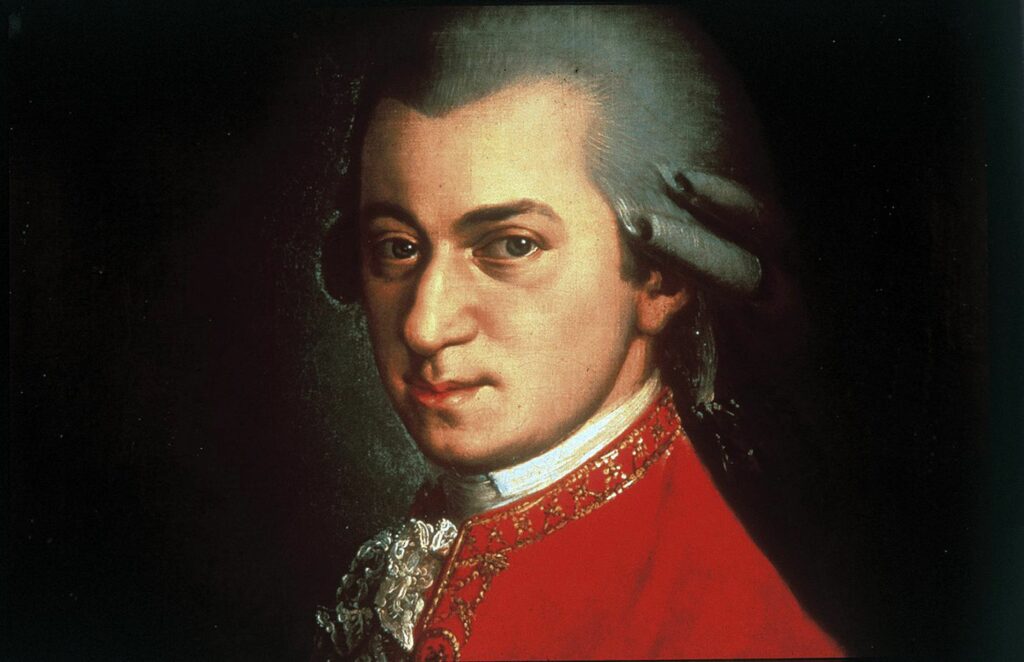
Wolfgang Amadeus Mozart was an Austrian composer and is well-known as one of the greatest composers in history, as well as his tendency to procrastinate. Mozart once wrote a letter to his father, stating that he often left things until the last minute, which caused him unnecessary stress. His father mentioned Mozart’s procrastination habit in a letter saying, “If you will examine your conscience closely, you will find that procrastination is your besetting sin.”
A well-known anecdote of Mozart’s procrastination habits is the story of Mozart leaving it until the night before to write the overture for his famous opera Don Giovanni. The crowd was left waiting, the ink on the music sheet wasn’t fully dry, and it was performed without any rehearsal. Of course, it was a great success despite the last-minute rush.
4. The Dalai Lama
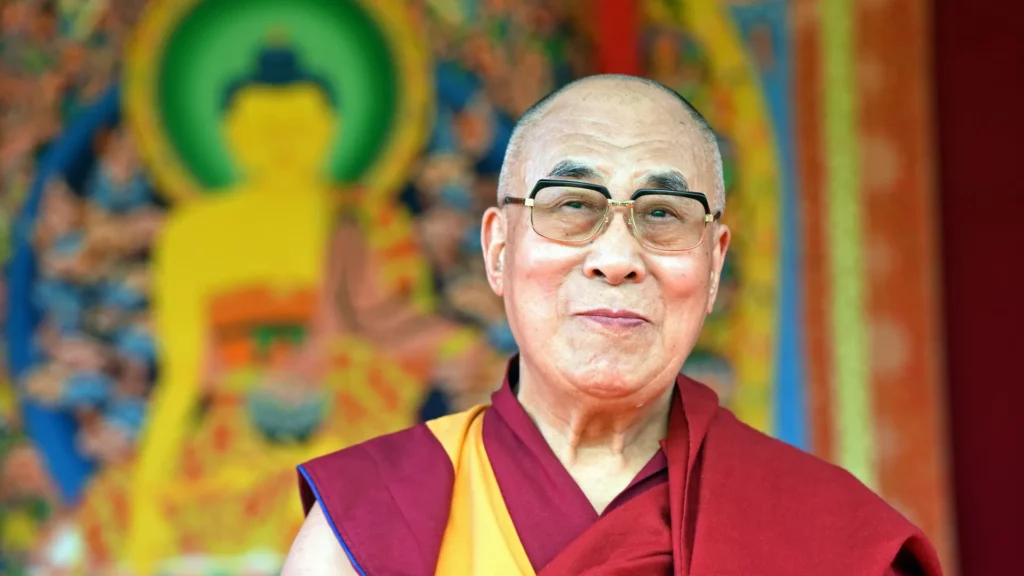
The Dalai Lama is a famous spiritual world leader, not someone you’d generally think about procrastinating. As the leader of the Tibetan people, the Dalai Lama hasn’t always been motivated and has struggled with his productivity. During his time as a student, it’s reported that he had difficulty focusing on his work and meeting deadlines.
The Dalai Lama struggled with procrastination, stating, “Only in the face of a difficult challenge or an urgent deadline would I study and work without laziness.” Now, the Dalai Lama understands his tendency to procrastinate and uses his experience to help others. If he can overcome it, so can you!
5. Victor Hugo
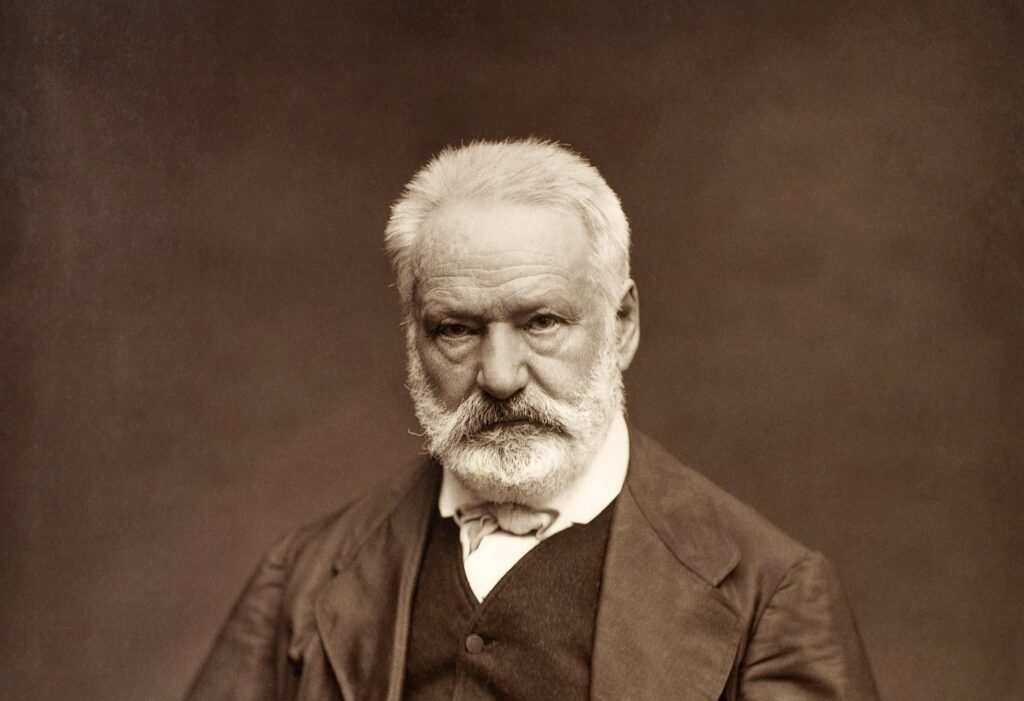
Victor Hugo was a French playwright, poet and author known for the famous plays Les Miserables and The Hunchback of Notre Dame. Hugo agreed with his publisher that he would write The Hunchback of Notre Dam, and when he was procrastinating and struggling with his writing, he’d lock all his clothes away and wear nothing but a shawl until he completed his task.
Furthermore, Victor Hugo took 17 years to write Les Miserables due to writer’s block and procrastination and would often multi-task instead of focusing on one task at a time. These tendencies make him a classic procrastinator, but he created some of the most iconic masterpieces by finding methods to overcome his habit.
6. Saint Augustine
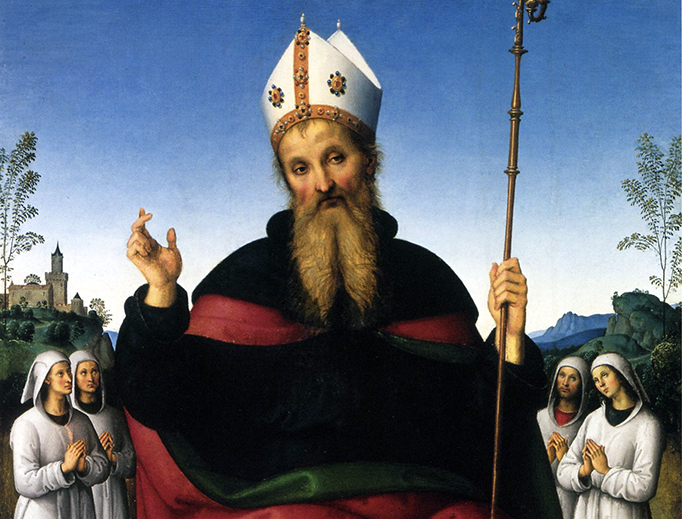
Saint Augustine was around in the fourth century and became a saint later in his life. Saint Augustine was known as a procrastinator as he delayed completing tasks or committing to new ones, and once he strayed from his faith due to temptation for the opposite sex, it took him a long time to return to it.
He wrote an autobiography in which he admitted to procrastinating and moral weakness due to delaying returning to his faith. He states that he struggled with guilt but still delayed the process. While you may think a saint is the last person to procrastinate or sin, Saint Augustine will prove you wrong.
7. Gerhard Richter
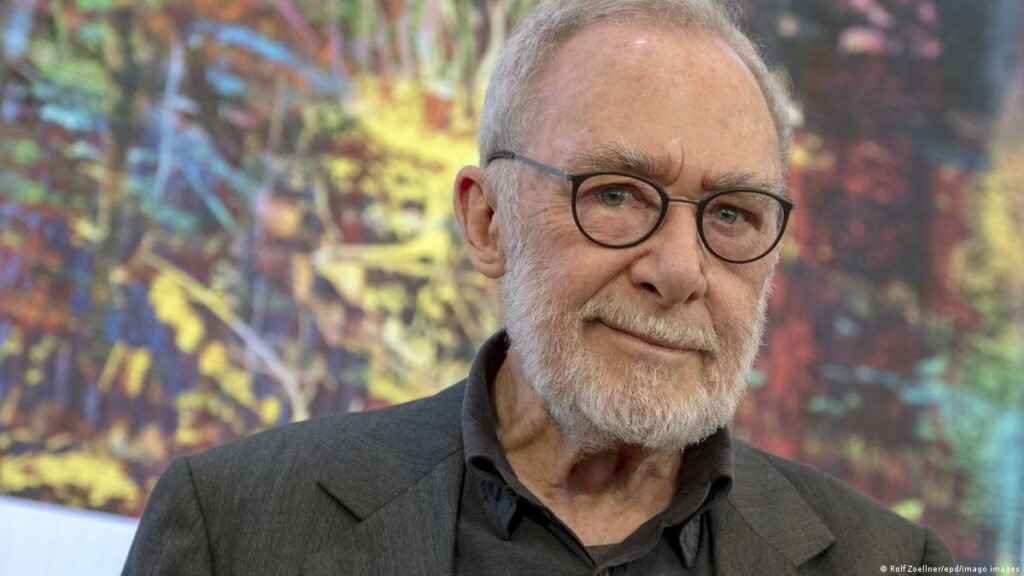
Gerhard Richter is a German visual artist known for his successful paintings. Richter’s paintings are well-known for selling at extremely high prices in auctions, and he is extremely respected for his work. Of course, procrastination happens to all of us, and Richter experiences this habit and has opened up about the struggles he faced in the creation process.
In an interview for The New York Times, Richter discusses his procrastination habit: “I love making plans. I could spend my life arranging things. Weeks go by, and I don’t paint until finally, I can’t stand it any longer. I get fed up. I almost don’t want to talk about it because I don’t want to become self-conscious about it, but perhaps I create these little crises as a kind of a secret strategy to push myself. It is a danger to wait around for an idea to occur to you. You have to find the idea.”
8. Hunter S. Thompson
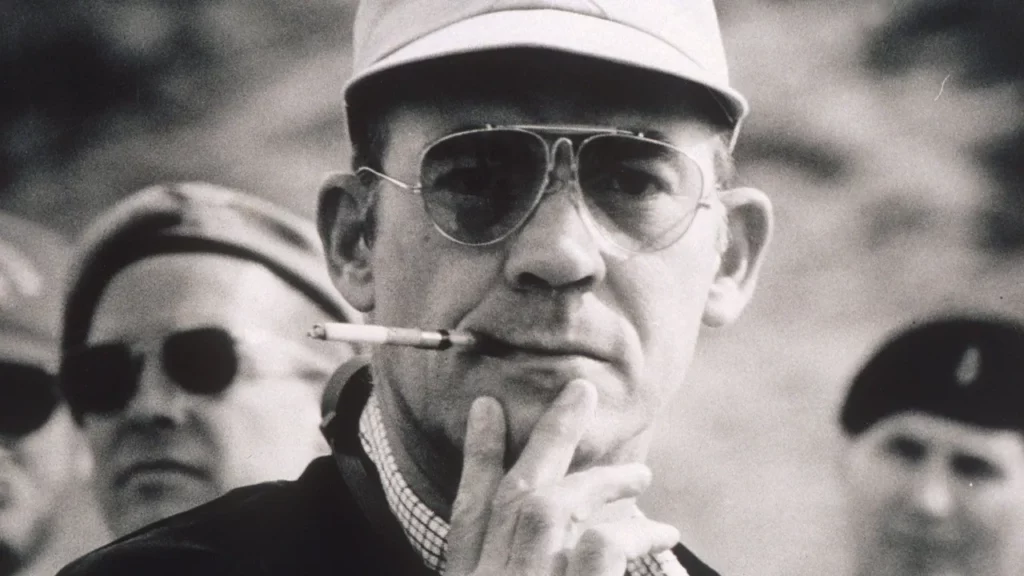
Hunter S. Thompson was an American journalist and author best known for writing the book Fear and Loathing in Las Vegas and other successful pieces. Thompson struggled with procrastination and stated that there must be a deadline for him to sit and write productivity.
Thompson states, “I couldn’t imagine, and I don’t say this with any pride, but I really couldn’t imagine writing without a desperate deadline” and “I’m really an adrenaline junkie; I never get anything done without the pressure of some impossible deadline” in his book Ancient Gonzo Wisdom.
9. Margaret Atwood

Best known for the novel A Handmaid’s Tale, Margaret Atwood is a Canadian author and poet. Atwood is known for her procrastination habits and regards herself as an expert in the field of delaying tasks.
Despite her many novels and poems, Atwood is no stranger to delaying her writing, stating in a podcast interview with Adam Grant, “If you’re going to do something, might as well be good at it, right? I’d hate to be a failed procrastinator.”
Furthermore, Atwood states that despite often procrastinating, she never misses a deadline, despite how long it takes her to get there.
10. Leonardo Da Vinci
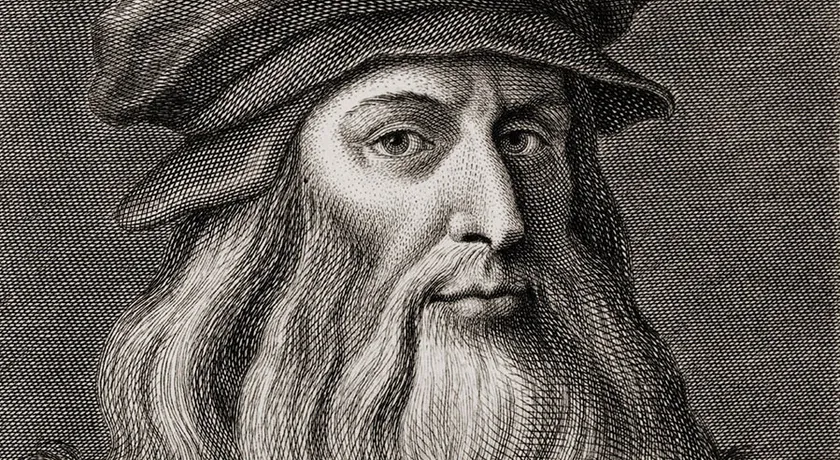
Leonardo Da Vinci is best known for painting the Mona Lisa and The Last Supper. He’s an Italian artist, scientist, and engineer well-known worldwide for his work. Alongside his successful career, he’s also known to be a procrastinator, frequently leaving work unfinished after spending longer than expected on projects.
Da Vinci was known to be easily distracted and often spent his time doing unfinished projects and doodles. It took Leonardo Da Vinci 16 years to finish one of his most famous paintings, the Mona Lisa, and when he died in 1519, he left behind many unfinished sketches and projects.
11. Nassim Taleb
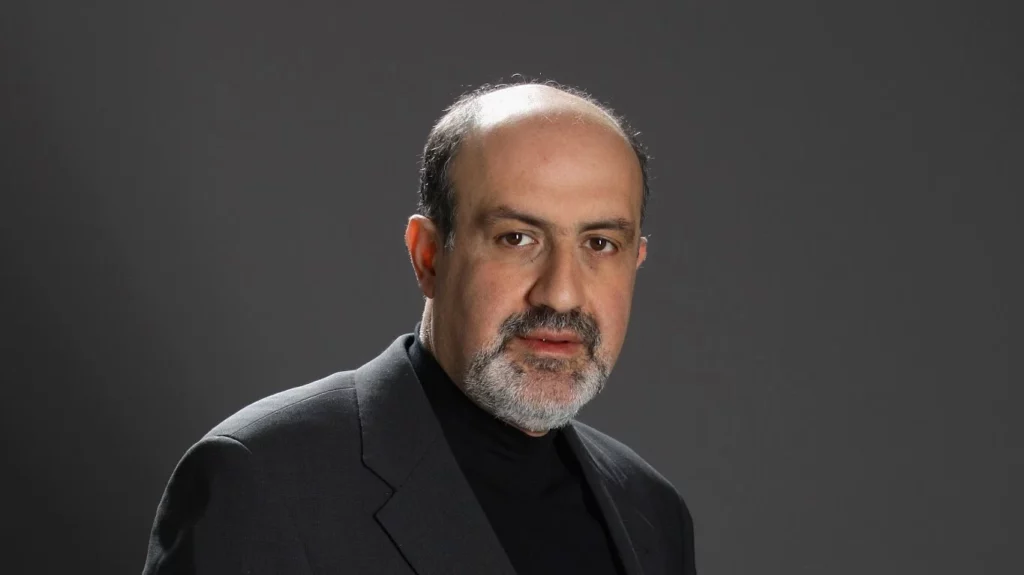
Nassim Taleb is best known for writing The Black Swan and Antifragile. He’s a Lebanese-American author who’s been extremely vocal about his tendency to procrastinate. Taleb discusses his procrastination habit, stating that the pattern has positively influenced his writing.
In his book Antifragile, Taleb states, “Few understand that procrastination is our natural defense, letting things take care of themselves and exercise their antifragility; it results from some ecological or naturalistic wisdom, and is not always bad—at an existential level, it is my body rebelling against its entrapment.”
12. John Perry
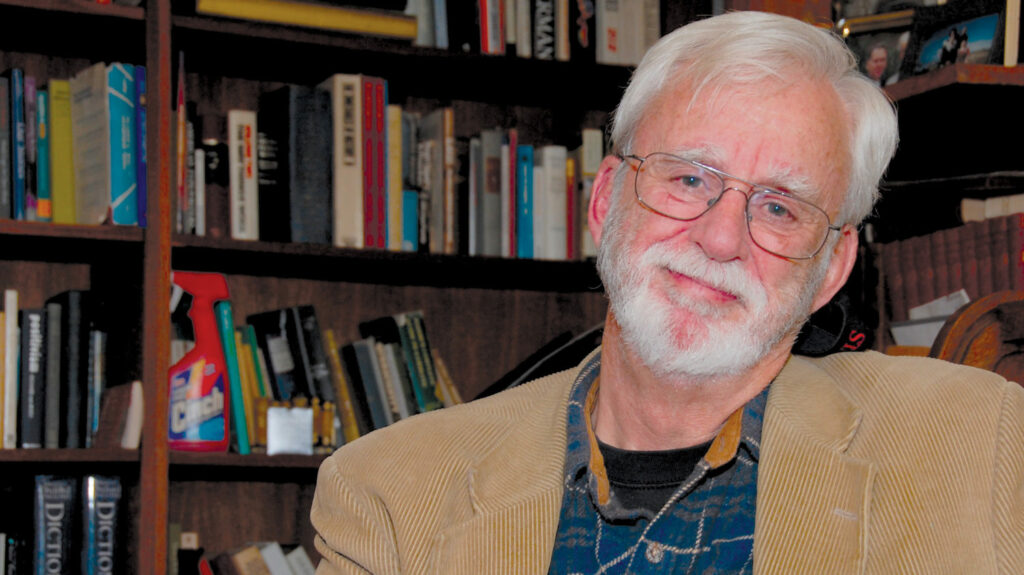
John Perry is an American professor and philosopher at Stanford University, and he’s best known for his book The Art of Procrastination and winning the 2011 Ig Nobel Prize in Literature for his theory of structured procrastination.
He included an example of his procrastination in his essay Structured Procrastination by stating, “I have been intending to write this essay for months. Why am I finally doing it? Because I finally found some uncommitted time? Wrong. I have papers to grade, textbook orders to fill out, an NSF proposal to referee, and dissertation drafts to read. I am working on this essay as a way of not doing all of those things….”
Perry also discusses perfectionism and the impact it can have on procrastination. He explores the way perfectionists often create scenarios about the best possible outcome, and as a result, they procrastinate due to a fear of not living up to these expectations.
13. Samuel Johnson
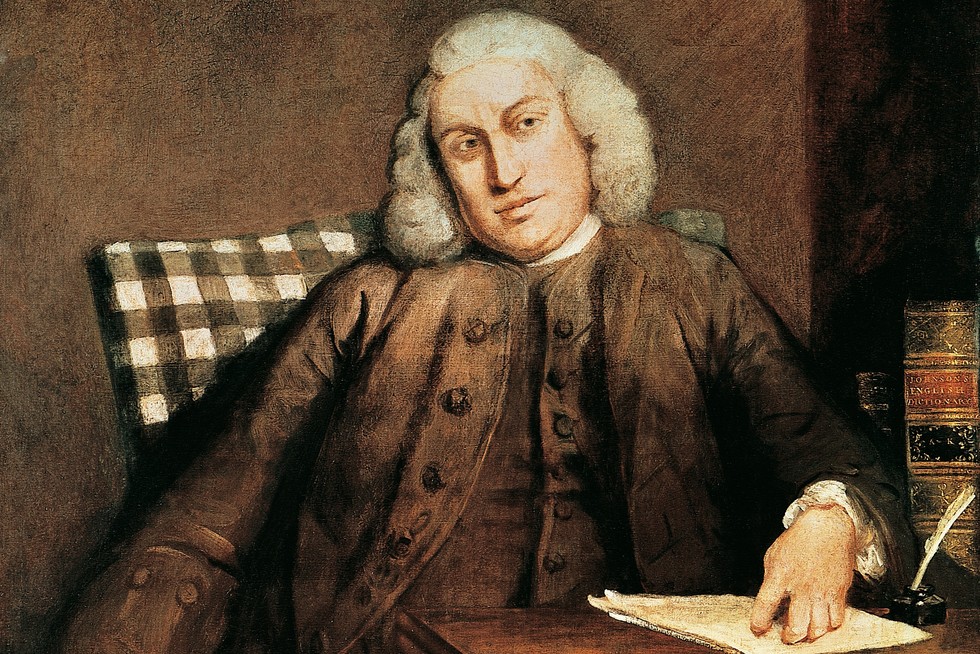
Samuel Johnson is best known for writing the English dictionary with the most historical influence. Johnson was also known to procrastinate, and a close friend of the writer said that he often produced his work under “immediate pressure of importunity or distress.”
In 1751, Johnson wrote a piece in The Rambler, a weekly magazine. He described procrastination as “one of the general weaknesses, which despite the instruction of moralists, and the remonstrances of reason, prevail to a greater or less degree in every mind.”
14. Douglas Adams
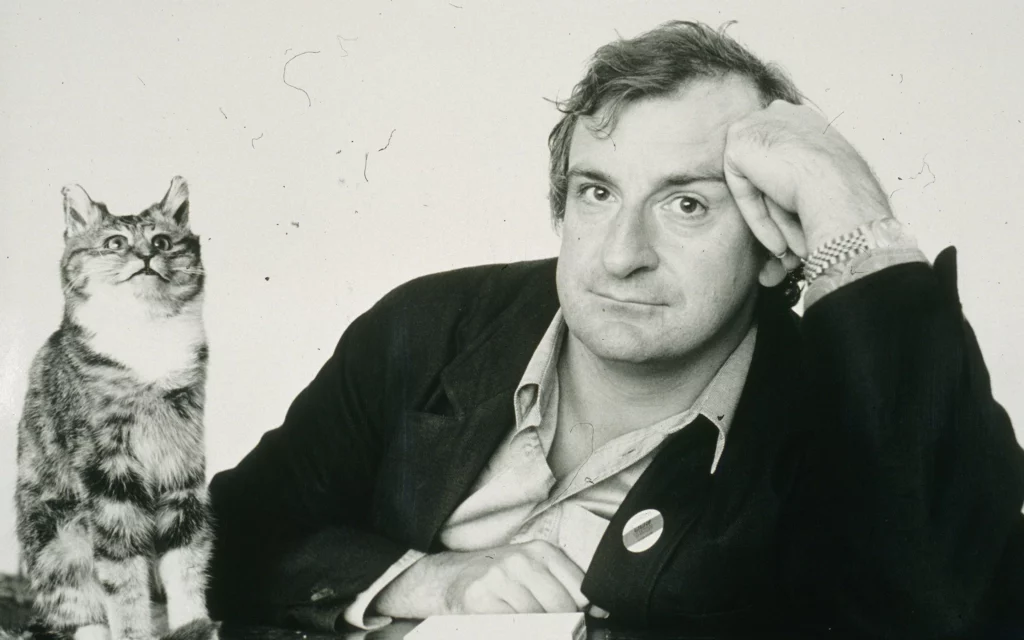
As the comedic writer behind the franchise The Hitchhiker’s Guide to the Galaxy, Douglas Adams was an English writer who often faced the challenge of procrastination. He was well-known for missing deadlines, and it was typically expected as he failed to meet them on time. Adams stated, “I love deadlines. I love the whooshing noise they make as they go by,” reflecting this common occurrence.
Adams wrote nine books in total, even though he stated that he hated writing. According to Adams, taking baths, drinking tea, and having days in bed were his first point of call when procrastinating. Adams even asked editors and publishers to lock him in rooms for him to focus on a task.
Adams’s final novel, The Salmon of Doubt, caused a significant amount of writing in which he would spend his days in the bath to delay facing the task. Adams procrastinated writing this novel over the course of ten years, and when he died of a heart attack in 2001, there still wasn’t a first draft.
15. Steve Jobs
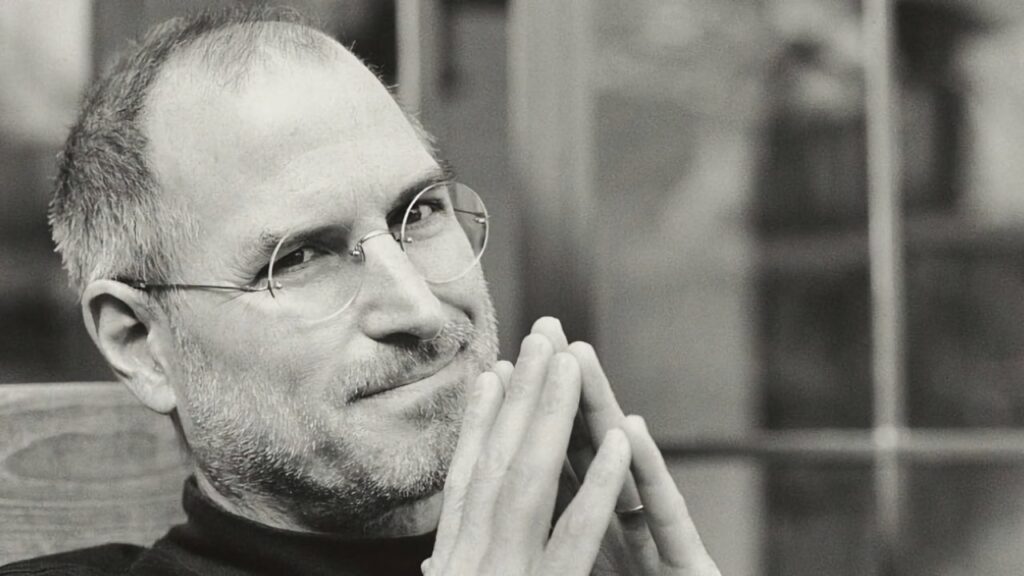
Steve Jobs is best known for being Apple’s CEO, chairman and co-founder. People surrounding Steve Jobs have stated that he was prone to procrastination. Jobs’ attention to detail, innovation and drive may seem to counteract procrastination. Still, Jobs would often delay product releases, avoid unpleasant tasks like bringing up employee issues, and he was often late for meetings and appointments.
16. General George McClellan
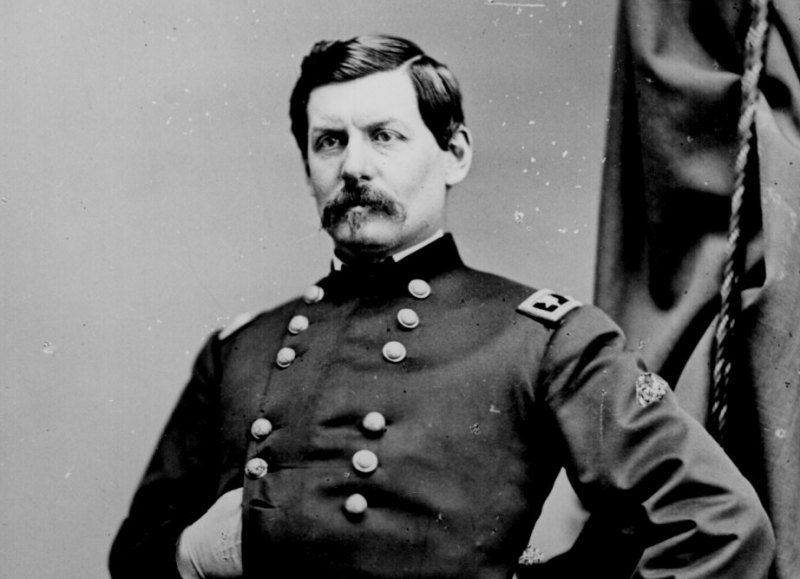
General George McClellan was the Union Army commander during the American Civil War. While organized and strategic, he was known for his hesitation, tendency to delay, and procrastination. McClellan was considered overcautious on the battlefield and would hold back hesitantly from battles.
General George McClellan often missed opportunities by delaying a task and was known to excessively prepare and plan instead of taking action. The Peninsula Campaign in 1862 is an example of McClellan’s indecisiveness getting in the way of success, and the campaign was prolonged and costly as a result.
17. Gene Fowler
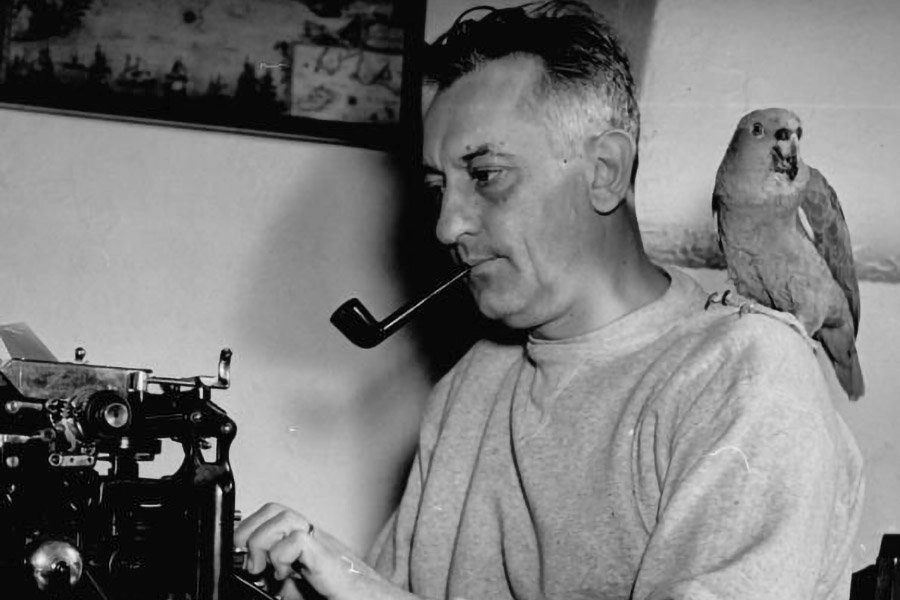
Gene Fowler was an American biographer, author and journalist. Fowler wrote 17 books and many screenplays in his time and was known to procrastinate and struggle with productivity.
Alongside his late-night writing and sociable distractions that caused him to procrastinate, Fowler discusses his challenges, stating, “Writing is easy. All you do is sit staring at a blank sheet of paper until the drops of blood form on your forehead.”
18. Samuel Taylor Coleridge
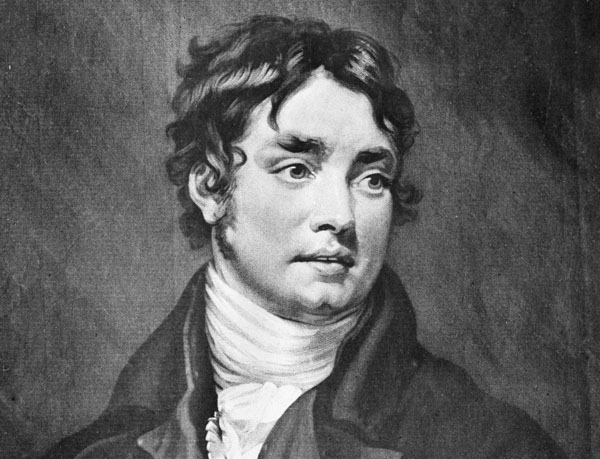
Samuel Tayloe Coleridge was an English literary critic, philosopher, and poet. He was most famous for his poem Kubla Khan and was highly successful in his field. However, he was also known to procrastinate and was infamous for his tendencies to leave work unfinished; even the famous poem Kubla Khan was never finished. Coleridge claimed he had a vision for the poem but was interrupted by a “person from Porlock” who caused him to stray and leave the poem unfinished.
Coleridge would give in to temptations and distractions, and his opium addiction was often the cause for his wandering mind. His reliance on opium hindered his productivity, and Coleridge would spend his time socializing to avoid facing his work.
19. Marcus Aurelius
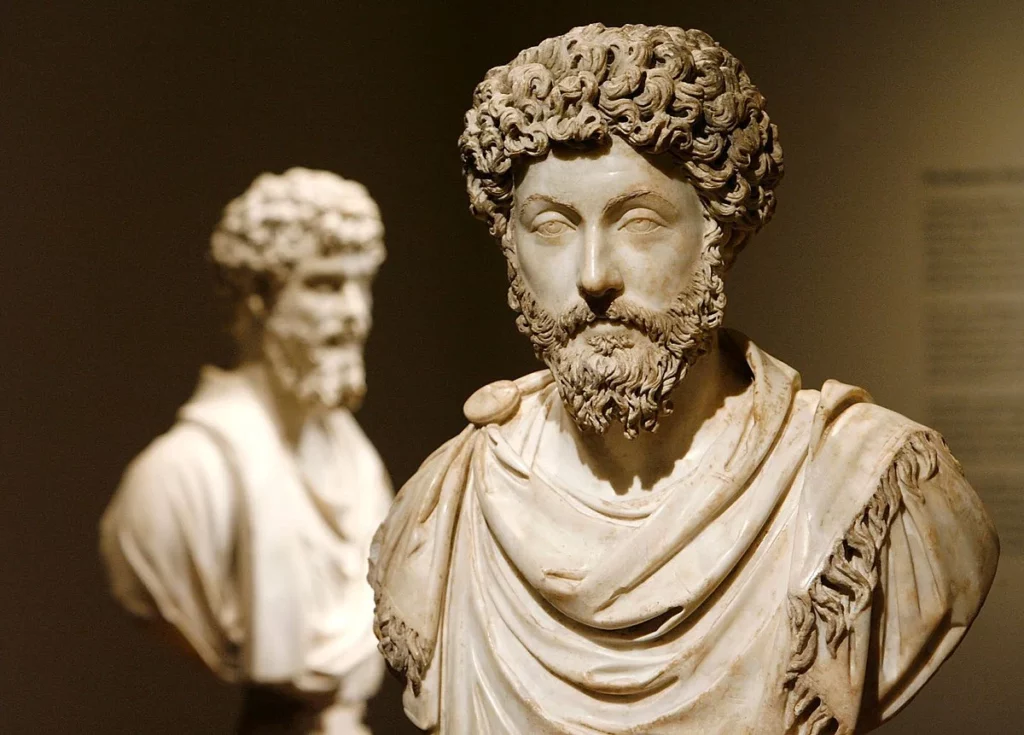
Marcus Aurelius was a Roman emperor and philosopher. He was known for his sense of duty and diligence and for effectively fulfilling his obligations to the Roman Empire during his AD 161 to 180 reign. The philosopher spoke and wrote about self-discipline and self-improvement, emphasizing the importance of living with virtue.
Marcus Aurelius saw the importance of overcoming procrastination and would use his stoic platform to help people better themselves by being more productive and proactive. He famously stated, “Think of your years of procrastination; how the gods have repeatedly granted you further periods of grace, of which you have taken no advantage. It is time now to realize the nature of the universe to which you belong and of that controlling Power whose offspring you are and to understand that your time has a limit set to it.”
Marcus Aurelius’s wisdom and understanding of procrastination are an inspiration, and it shows the extent of the habit of procrastination and the many years it’s been affecting people.
20. Hamlet
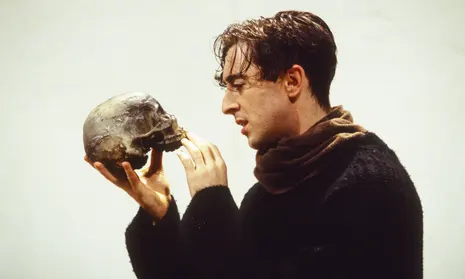
Hamlet is a fictional character created by Shakespeare, but is famously known to be a procrastinator. The famous quote “to be, or not to be,’ highlights Hamlet’s indecisiveness, and he spends the entirety of the play trying to decide what to do.
Hamlet is Shakespeare’s most extended play, representing the main character’s mindset and how he delays and prolongs his decision regarding avenging his father’s death.
Hamlet’s delays and lack of action are key parts of the plot as they play a significant role in how it plays out. Hamlet’s hesitation is a vital element of the play, and it wouldn’t be as it is without his procrastinating.
Looking at this list of 20 well-known and famous procrastinators, we can take comfort in the fact that it happens to us all. Everyone included in the list has created a name for themselves and succeeded despite their procrastination habit. Procrastination is not a sign of weakness but a human tendency you can overcome for successful results and achievements.
We can take the stories, tales and journeys of the 20 famous procrastinators and use them to inspire our journey toward self-improvement. So, during your moments of delay, hesitation and lack of focus, think of the outcome and the impact your work and mindset may have on others.
Other well-known procrastinators
Of course, there are many more famous procrastinators worldwide, and their stories are equally inspiring and motivating. Many people face the challenge of procrastination and have experienced struggles in overcoming the habit to achieve success.
Procrastination can affect us all and is a typical human behavior that we can overcome with self-discipline, self-awareness and motivation. You should never feel alone in your procrastination struggles, as plenty of people have experienced or are experiencing similar feelings.
Let’s take a look at some other famous procrastinators:
- Frank Lloyd Wright– American architect
- Emily Dickinson– American poet
- Pablo Picasso– Spanish sculptor and painter
- Vincent Van Gogh– Dutch painter
- Abraham Lincon– 16th President of the United States
- Franklin D.Roosevelt – 32nd President of the United States
- Mark Twain– American author
- Herman Melville– American author of Moby Dick
- Edgar Allan Poe– American poet and writer
- Leo Tolstoy– Russian author
- Charles Darwin– British biologist
- Salvador Dali– Spanish artist
- Jane Austen– English novelist
- F.Scott Fitzgerald– American author of The Great Gatsby
- Isaac Newton– English physicist and mathematician
- Sigmund Freud– Austrian neurologist
- George R.R Martin – American novelist
- George Eliot– English novelist
- Virginia Woolf– English writer
- Agatha Christie– British mystery writer
- Stephen King– American author
- Andy Warhol– American artist
- George Lucas– American filmmaker
Feel better yet? These famous figures worldwide have dealt with the same procrastination habits as the rest of us yet have profoundly succeeded and made a powerful name for themselves. Throughout history, people have struggled with delaying tasks, hesitations and distractions and have pushed through their tendency to procrastinate to produce exceptional work. If they can do it, so can you!
Check out Virtue Map for insider insights, useful tools and features; unlock your potential and begin your journey to success today.
Frequently Asked Questions
Can you procrastinate and still become famous?
Yes, even procrastinators can become famous or achieve status in their field or industry, despite their procrastination habit. Many famous people throughout history have dealt with procrastination but have pushed through with creativity, productivity and achieved great things.
Is it common for famous people to procrastinate?
Yes, famous people procrastinate, too, as it’s typical human behavior that affects many people from various walks of life. Whether it’s creative challenges, time management, decision-making, perfectionism or the pressures of public scrutiny, famous people also experience the challenges that procrastination can cause.
What do famous procrastinators usually do for a living?
There are famous procrastinators across all industries and fields, as it’s a common challenge that many people face. Whether someone’s a writer, an artist, a public figure, a musician, an actor, a sports figure, a scholar or a scientist, they may experience procrastination that impacts their decision-making, concentration, time management or productivity at work.

